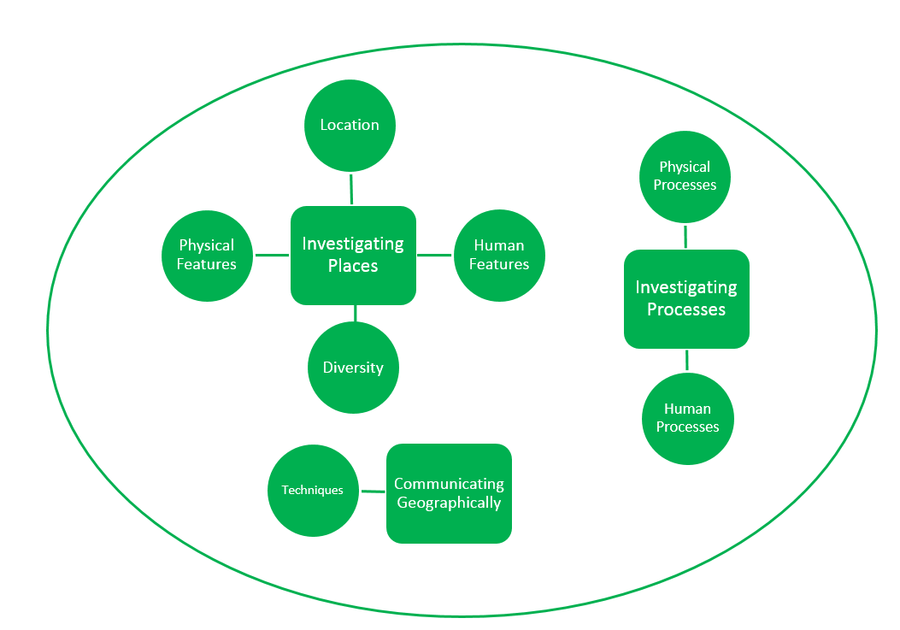Geography
Geography at London Fields Primary School
Geography is a rich and diverse subject that gives children the opportunity to learn about diverse places, people, resources, environments and the effect of mankind. It inspires a curiosity and fascination about the world from an early age and fosters enthusiasm and a passion for learning. By studying the beauty of Earth and the awesome power of Earth-shaping forces, we can fascinate, inspire and create globally-aware pupils.
Whilst the importance of geographical knowledge is recognised, we also wish to enable children to become lifelong geographers who have the skills and attitudes to continue to appreciate the world around them. Throughout the Geography curriculum at London Fields, children will learn the Earth’s key physical and human processes. They will deepen their understanding of the interaction between physical and human processes and how these affect landscapes and environments. Many contemporary challenges – climate change, food security, energy choices – cannot be understood without a geographical perspective.
Our Geography Curriculum develops the essential characteristics of geographers:
- An excellent knowledge of where places are and what they are like.
- An excellent understanding of the ways in which places are interdependent and interconnected and how much human and physical environments are interrelated.
- An extensive base of geographical knowledge and vocabulary.
- Fluency in complex, geographical enquiry and the ability to apply questioning skills and use effective analytical and presentational techniques.
- The ability to reach clear conclusions and develop a reasoned argument to explain findings.
- Significant levels of originality, imagination or creativity as shown in interpretations and representations of the subject matter.
- Highly developed and frequently utilised fieldwork and other geographical skills and techniques.
- A passion for and commitment to the subject, and a real sense of curiosity to find out about the world and the people who live there.
- The ability to express well-balanced opinions, rooted in very good knowledge and understanding about current and contemporary issues in society and the environment.
How Geography is taught at London Fields
The Geography curriculum is designed to help pupils form a Geography schema within their long-term memories.
Schema theory states that all knowledge is organised into units. A schema is, therefore, a conceptual system for understanding knowledge.
Our Geography schema is a way of organising Geography semantic and procedural knowledge in a meaningful way; it is an appreciation of how facts are connected and the ways in which they are connected. It is distinct from information, which is just isolated facts that have no organisational basis or links.
Big Ideas help form the basis of the schema. Big Ideas are key concepts that underpin the subject. There are three Big Ideas in Geography:
- Investigating Places – (understanding the geographical location of places and their physical and human features)
- Investigating Processes – (understanding the physical and human processes and activities that occur in a place, and why they might occur)
- Communicating Geographically – (understanding geographical representation, vocabulary and techniques)
Each Big Idea has facets of knowledge (knowledge categories) which help to strength the schema. Learning knowledge in each of the categories allows pupils to express and demonstrate their understanding of the Big Idea.
Over the course of an academic year, pupils in Y1-Y6 experience a number of Geography topics in which the Big Ideas are returned to over and over again so the pupils gradually build understanding of them. Pupils also get opportunities to apply their knowledge and develop fluency in key procedural knowledge in other curriculum areas.
The EYFS curriculum prepares pupils for Geography in Year 1 and beyond by providing opportunities for pupils to recognise some similarities and differences between life in the UK and life in other countries drawing on knowledge from stories, non-fiction texts and maps. During their time in EYFS, pupils study more than one aspect of a place so ‘single stories’ are avoided as this can result in misconceptions about places. Pupils also foster a curiosity about how the natural world, observing and interacting with natural process such as ice meting and a puddle disappearing. Pupils understand the effect of changing seasons on the natural world around them and they explore using fieldwork techniques such as observation and recording to find out geographical information.
Click here for more general information about the curriculum.
Click here for more information about the EYFS curriculum.
Geography Trips, Visitors and Workshops
We strongly believe that geographical skills need to be put into practice and high-quality learning opportunities can be developed through practical fieldwork. Our staff are always looking at how to incorporate these trips into the curriculum. Previous Geography trips have included visits to the coastlines of Lyme Regis and the Isle of Wight, local fieldwork and visits to wetlands centres across London.
Geography at Home
There are lots of ways in which you can support your child with their Geography learning.
- Having access to an atlas is a fantastic way for children to ask questions and become curious about the various countries around the world.
- Spending ten minutes a week investigating a new country within the world is a great way to ignite children’s fascination with our planet. For example, you could look at a country’s location in comparison to the UK or investigate food that might be eaten there.
- Google Earth is another great tool for investigating the world.














